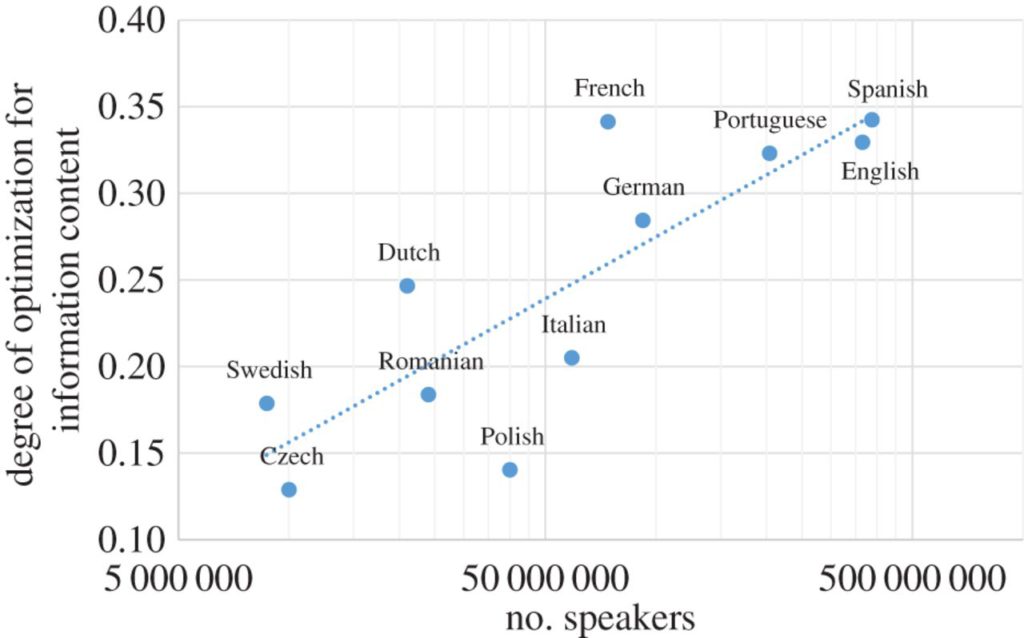Last week, my paper with Joe Henrich on “Innovation in the Collective Brain” was published in Philosophical Transactions of the Royal Society B: Biological Sciences. I explain some of the key points in the video below:
To very briefly summarize, innovation is often assumed to be an individual endeavor driven by geniuses and then passed on to the masses. Consider Thomas Edison and the lightbulb or Gutenberg and the printing press. We argue that rather than a result of far-sighted geniuses, innovations are an emergent property of our species’ cultural learning abilities, applied within our societies and social networks. Our societies and social networks act as collective brains.
Innovations, large or small, do not require heroic geniuses any more than your thoughts hinge on a particular neuron.
The paper outlines how many human brains, which evolved primarily for the acquisition of culture, together beget a collective brain. Within these collective brains, the three main sources of innovation are:
- serendipity
- recombination, and
- incremental improvement.
We argue that rates of innovation are heavily influenced by:
- sociality
- transmission fidelity, and
- cultural variance.
We discuss some of the forces that affect these factors. These factors can also shape each other. For example, we provide preliminary evidence that transmission efficiency is affected by sociality—languages with more speakers are more efficient.
We argue that collective brains can make each of their constituent cultural brains more innovative. This perspective sheds light on traits, such as IQ, that have been implicated in innovation. A collective brain perspective can help us understand otherwise puzzling findings in the IQ literature, including group differences, heritability differences, and the dramatic increase in IQ test scores over time.









